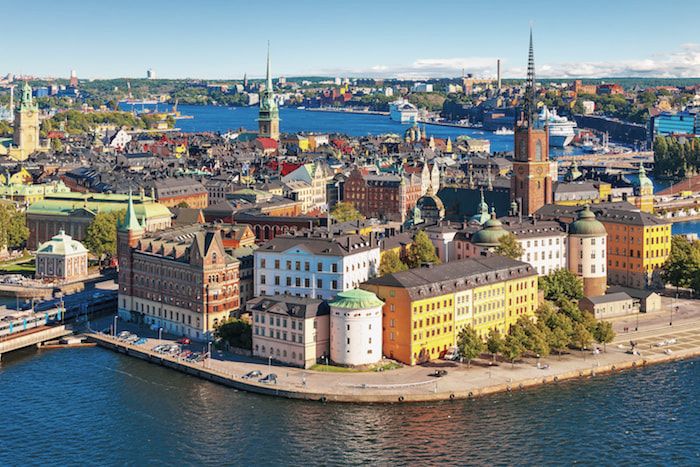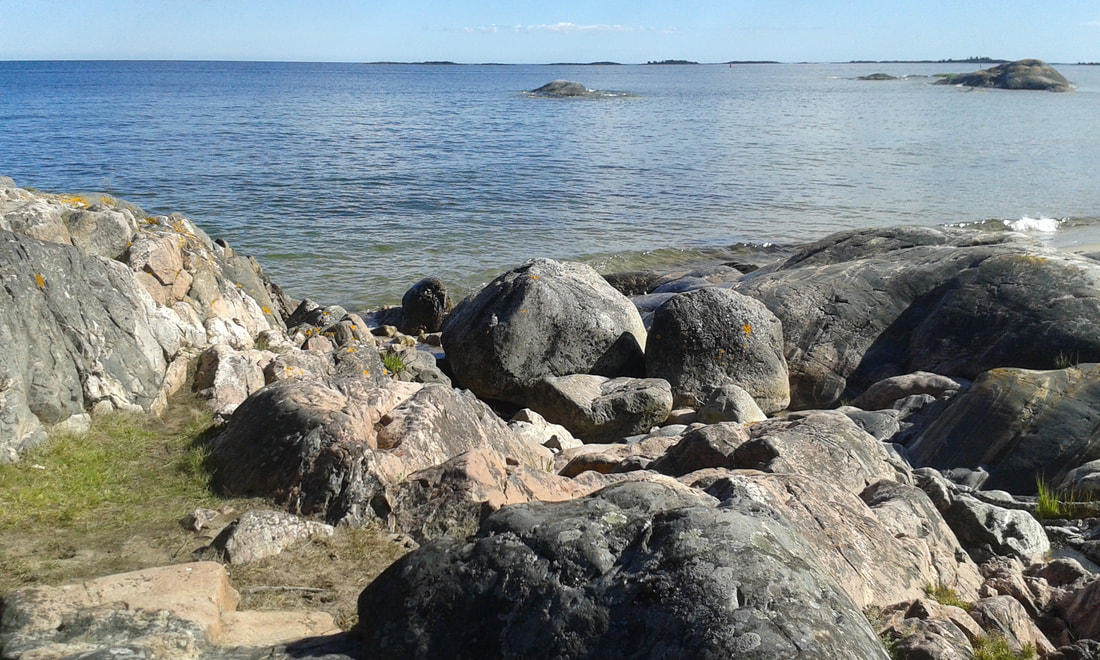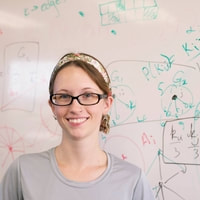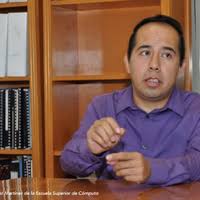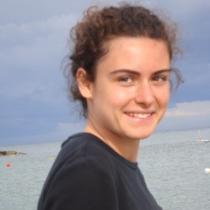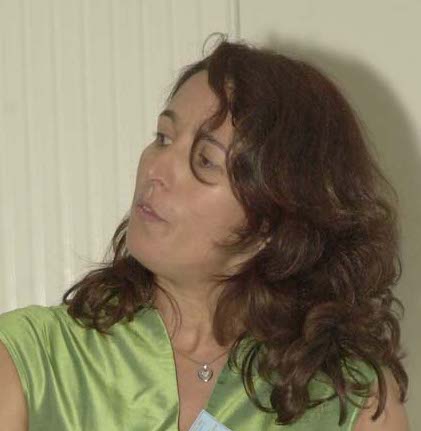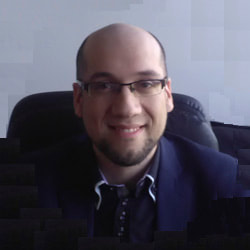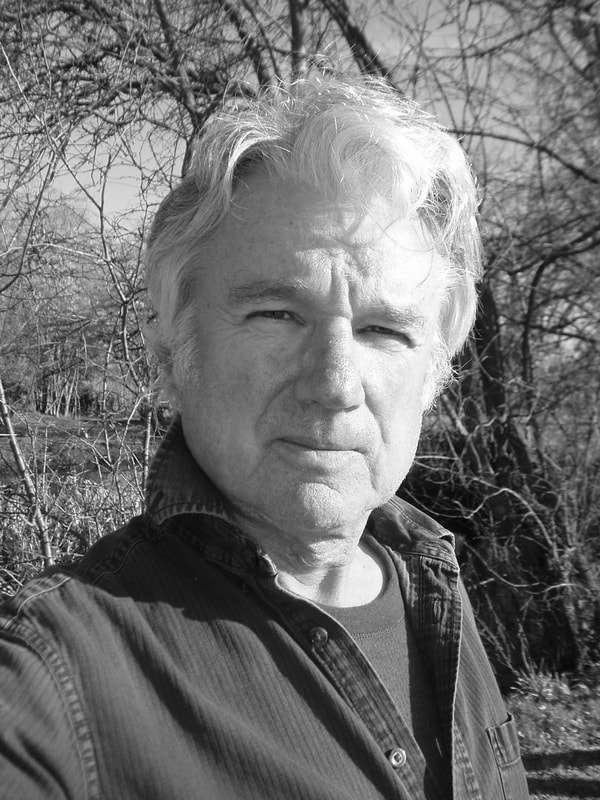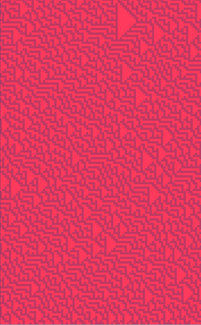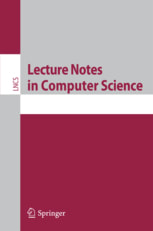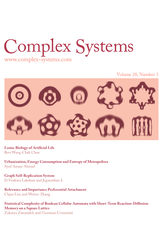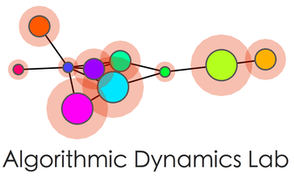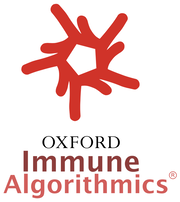|
UPDATE COVID-19: In coordination with the Steering Committee, the organisers will decide what are the measures to be taken and whether the conference goes ahead on the planned dates. The conference was already embracing virtual attendance (both for participants and speakers) due to ecological concerns so we think we are prepared to face this other contingency and go, if necessary, 100% virtual. But as of today, the conference stands and is still planned to take place on the advertised dates. We will keep you updated in this space. Our thoughts are with those affected by the COVID-19 outbreak.
AUTOMATA in StockholmSupported by Oxford Immune Algorithmics, the Algorithmic Dynamics Lab hosts the 26th International Workshop on Cellular Automata and Discrete Complex Systems AUTOMATA 2020 in Stockholm Sweden, to be held on 10-12th August 2020.
AUTOMATA 2020 is innovating on various fronts because of challenges such as climate change and the under-representation of some minorities. We want to reduce the conference Carbon footprint through a virtual attendance option (including for presentation), and by attracting and showcasing the research talent of less exposed minority groups. The workshop aims to:
AUTOMATA 2020 will focus on the theory and application of cellular automata and discrete dynamical systems in connection to complexity theory and algorithmic information. There will be special sessions and tutorials on Automata in Machine Learning and on Algorithmic Information Dynamics with a particular interest in aspects of computability in causation, and reprogrammability. |
|
Invited Speakers
|
Collision-based Computing with Cellular Automata
Dr. Genaro Martínez National Polytechnic Institute, Mexico & University of the West of England, U.K. Topological Dynamical Properties in Turing Machines
Dr. Rodrigo Torres-Aviles Universidad del Bío-Bío, Concepción, Chile Navigating Isotropic Cellular Automata Rule-space
Prof Andrew Wuensche University of Sussex, U.K. & University of the West of England, U.K. |
Topics (non-exhaustive)
|
Proceedings
|
There are two paper categories of submission:
|
Special Issues
|
A special issue, collecting extended and improved versions of selected papers presented at the conference, will be published in the journal of Complex Systems.
Founded in 1987, Complex Systems was the first journal in the field of Complex Systems and has published some of the most important landmark papers in the area. |
Important Dates
|
»Submission deadline full papers (12 pages): April 15, 2020
»Notification of acceptance full papers: May 1, 2020 »Final versions: May 15, 2020 »Submission deadline exploratory papers (8 pages): June 15, 2020 »Notification of acceptance exploratory papers: June 30, 2020 »Early registration deadline for full paper author: May 1, 2020 »Early registration for exploratory paper author/other participants: June 15, 2020 »Final registration deadline: Aug 1, 2020 Submissions:Authors are invited to submit papers of no more than 12 pages (for full papers) or 8 pages (for exploratory papers) via EasyChair: Submissions should contain original research that has not previously been published. Submission must be formatted in LaTeX using the LNCS format and submitted in PDF. Papers authored or co-authored by PC members are also welcomed. |
Previous Editions |
The AUTOMATA series is the official annual event of IFIP WG 1.5, the Working Group 5 (on Cellular Automata and Discrete Complex Systems), of the Technical Committee 1 (on Foundations of Computer Science), of the International Federation of Information Processing (IFIP). Find other IFIP official events here.
In the last years the workshop has taken place in Guadalajara, Mexico (2019); Gent, Belgium (2018); Milan, Italy (2017); Zurich, Switzerland (2016); Turku, Finland (2015); Himeji, Japan (2014), and Gießen, Germany (2013). |
Registration |
|
